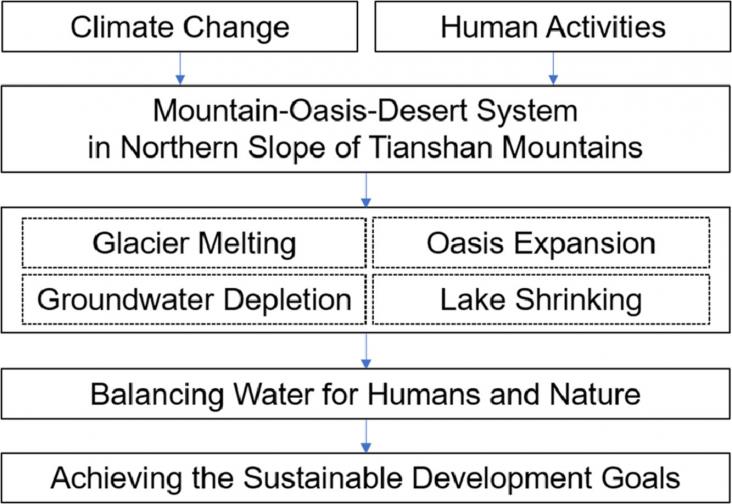This article supports SDG 13 by demonstrating the climate change mitigation potential of different land-based options and highlighting the importance of analyzing their implications for biodiversity and other ecosystem services to support the design of solutions that can co-deliver for multiple challenges.
Food insecurity is a significant public health problem for Indigenous peoples in Canada.
This Personal View supports SDGs 3 and 13 by reviewing the ways that climate risks affect all aspects of the COVID-19 pandemic, including transmission, perception, and response. The authors highlight the importance of considering climate risks in relation to COVID-19 response measures.

This article reports the significant climate mitigation and adaptation efforts via marine conservation activities.
A review of climate futures. This review helps substantiate how disciplinary and geographical assumptions and norms shape policy choices.
Background: Identifying how greenspace impacts the temperature-mortality relationship in urban environments is crucial, especially given climate change and rapid urbanization.
Future sustainable food systems should more efficiently use natural resources and reduce food waste.

Under global warming, seasonal snow takes faster melting rate than before, which greatly changes the hydrological cycle. This study offer insights into understanding the effect from seasonal snow on vegetation and promote the sustainable utilization of regional vegetation in the Northern Hemisphere.

Climate change and economic growth are responsible for increased water stress.This study provides a baseline understanding of the interplay among water, climate change, and socio-economic development in NSTM.
This study aims to analyse catastrophic floods and severe droughts affected by climate change from paleo studies to studies that focus on future projections.
